
News about Science
Viser 961 til 984 af 3166 dokumenter.


NBIA signs Memorandum of Understanding with APCTP in Korea
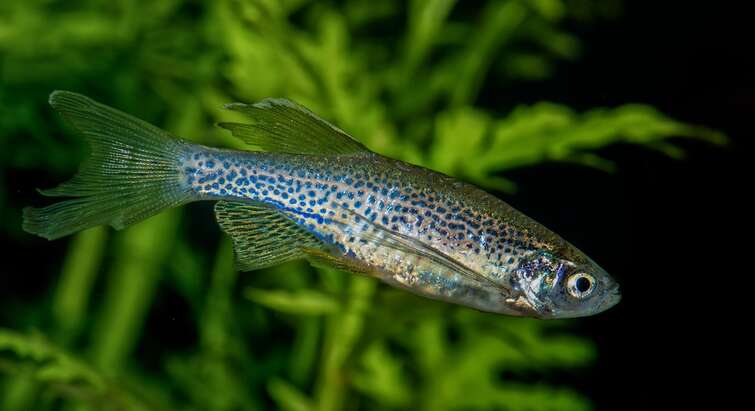
Revolutionary zebrafish model unravels host gene influence on microbiota dynamics
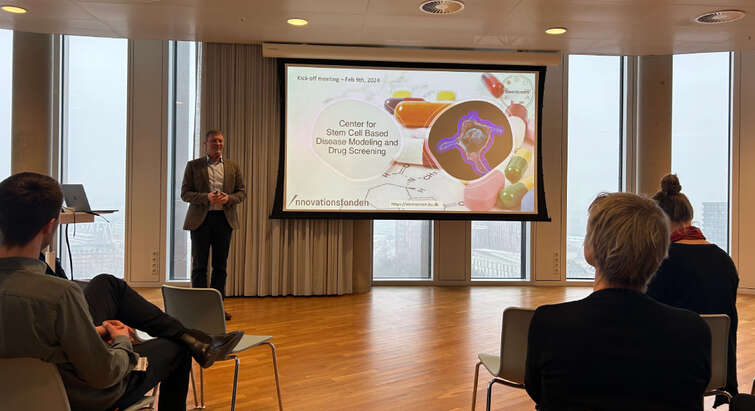
StemScreen inaugural meeting showcases potential of stem cell-based drug screening

Exploring the impacts of social media and crowdsourcing on disaster resilience
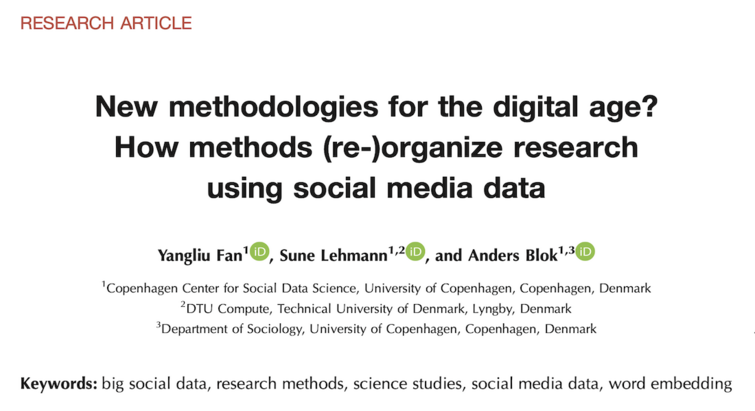
New article: "New methodologies for the digital age? How methods (re-)organize research using social media data"

Impact of contaminated biological material in animals' health and in research data
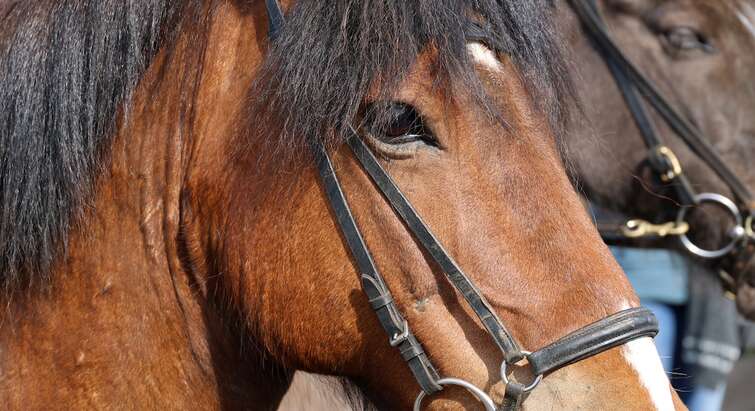
Conflict behaviour in Icelandic horses during elite competition
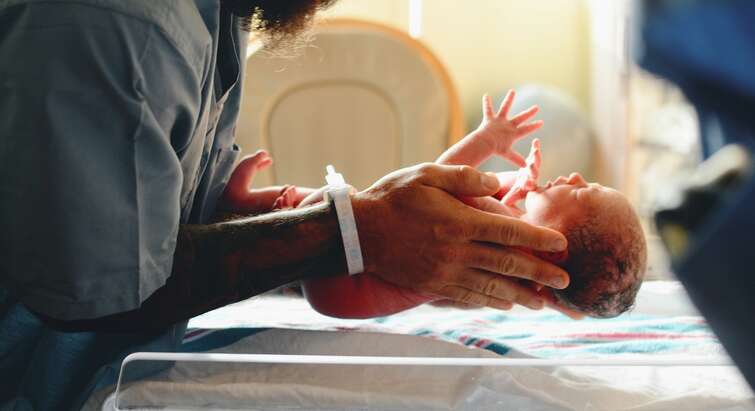
Processing a life like a language helps predict future personal events
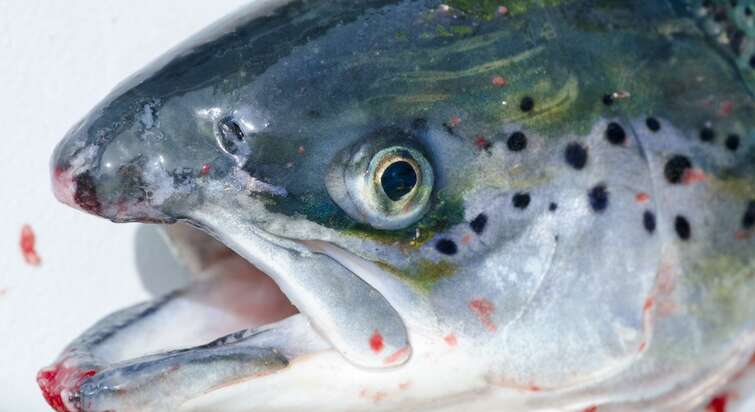
A new hologenomic paradigm for understanding and treating parasite infections

Louise Irvall Rasmussen and Astrid Breck

New season of the Privacy Studies Podcast
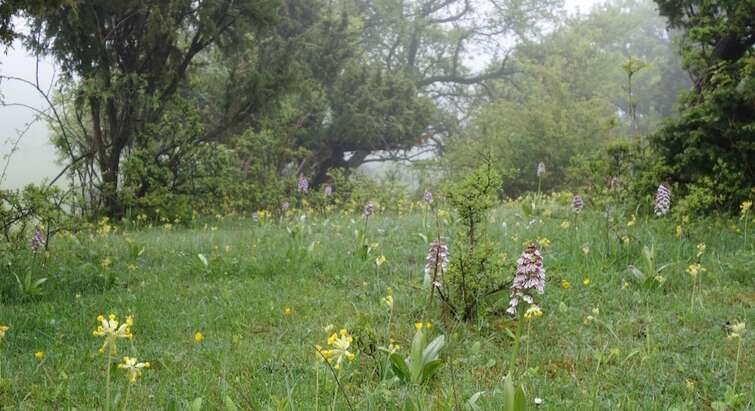
Orchid study reveals essential plant-fungal relationships in Danish conservation area

Orchid study reveals essential plant-fungal relationships in Danish conservation area
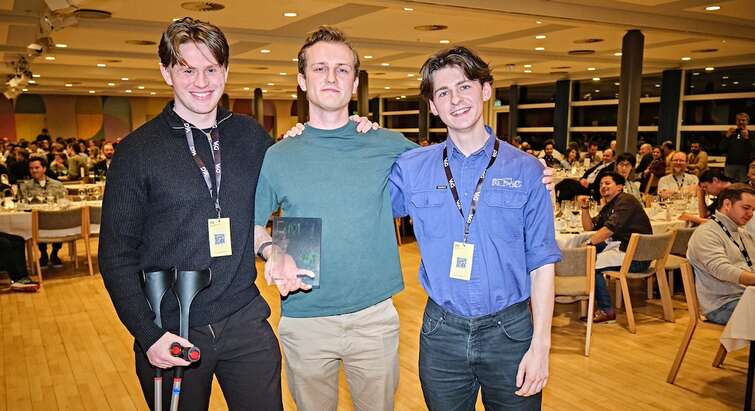
Students from the Department of Computer Science secure the title of Danish National Champions in AI

World Wetlands Day: Bogs hold an important key to the climate crisis

A new hologenomic paradigm for understanding and treating parasite infections

Cover story in Nature Plants

Ethicists’ commentary on medical and professional challenges arising from inconsistent treatment policies within a clinic

Patrik Isene Sund
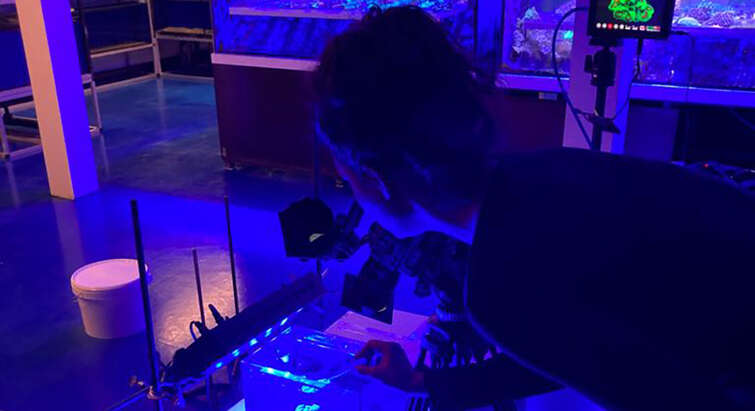
Shine On - You Crazy Coral

New educational collaboration strengthens the bond between biotech and biosolutions
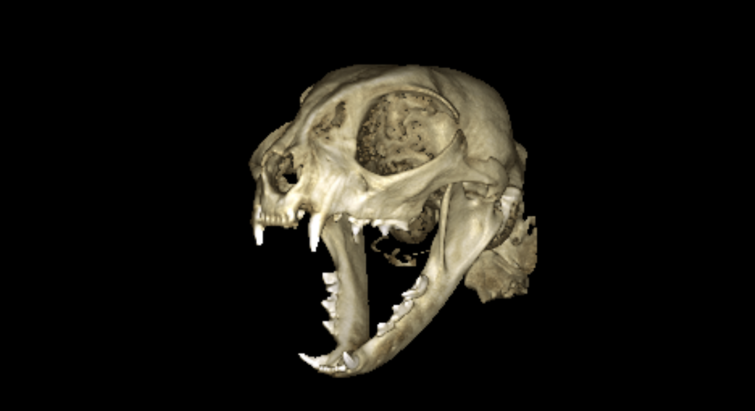
Accuracy of three diagnostic tests to detect tooth resorption in unowned unsocialised cats in Denmark

